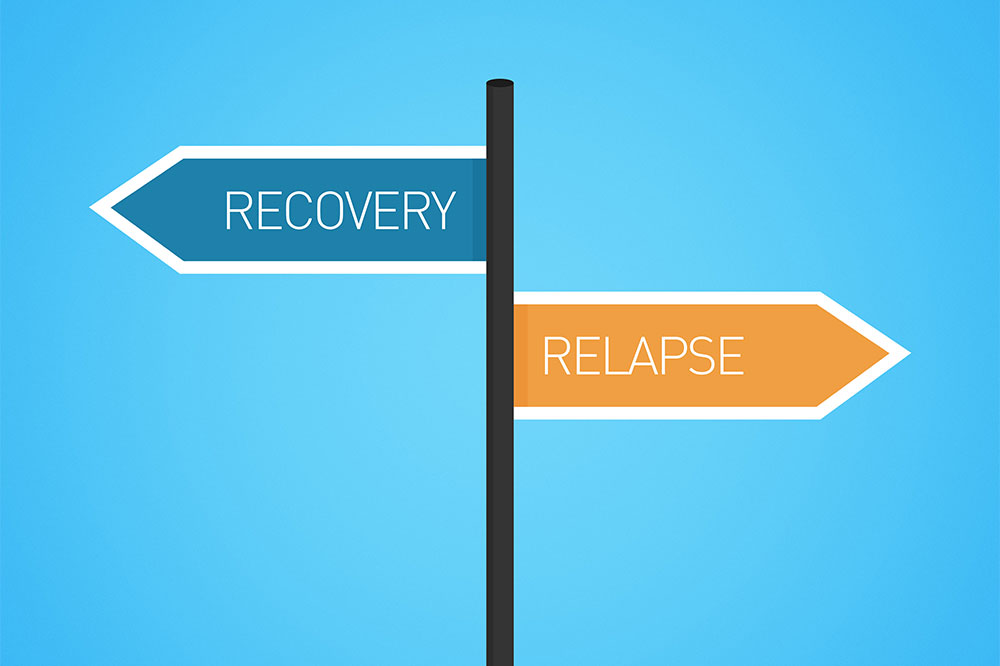Comprehensive Guide to Choosing the Right Substance Abuse Treatment Center
Choosing the right substance abuse treatment center is crucial for successful recovery. This detailed guide emphasizes evaluating treatment methods, facility environment, staff credentials, and follow-up services. Understanding insurance options and personalization ensures effective and sustainable sobriety. Make informed decisions by considering these key factors to find a facility tailored to your needs and support your journey to lasting abstinence.

Essential Factors to Consider When Selecting a Substance Abuse Rehabilitation Facility
Embarking on the journey to overcome substance addiction is a deeply personal and often challenging experience. Whether battling alcohol dependency or drug addiction, the recovery process requires a thoughtful and individualized approach. The foundation of successful recovery hinges on choosing a suitable treatment facility that aligns with one’s specific needs, circumstances, and goals. Given the multitude of addiction treatment centers available today, making an informed decision can feel overwhelming. This comprehensive guide dives into key considerations to help you identify the best rehab center that offers effective treatment, a supportive environment, and sustainable recovery options.
Therapeutic Approaches and Treatment Modalities
Rehab centers employ a variety of treatment models to facilitate detoxification and ongoing recovery. These include medical detox, behavioral therapies such as cognitive-behavioral therapy (CBT), group therapy, holistic methods like yoga and meditation, and alternative approaches such as art therapy. It’s crucial to examine what treatment options are available, how they are integrated, and whether they match the individual’s preferences and needs. Research and review testimonials from former patients to gauge the effectiveness of different approaches and ensure the facility offers evidence-based practices that promote long-term sobriety.
Range of Conditions and Substances Addressed
While many establishments claim to treat general addiction issues, some specialize in particular substances such as opioids, stimulants, prescription medications, or synthetic drugs. Verifying the specific programs and expertise of the rehab center ensures the treatment plan is tailored to address the unique challenges posed by the individual’s addiction. Personalized treatment plans that consider the substance type, severity, co-occurring mental health disorders, and personal circumstances significantly improve the chances of successful recovery.
Location, Environment, and Facility Setting
The physical environment of a rehab center plays a vital role in the recovery process. Facilities situated in urban settings may offer easier access to resources but might also expose patients to high temptations and triggers. Conversely, rural or secluded centers typically provide a peaceful, distraction-free environment that fosters reflection and healing. When selecting a location, consider the individual’s support system, safety concerns, and the environment’s ability to encourage focus and stress reduction during treatment.
Duration and Intensity of Treatment
Treatment lengths can vary from short-term programs of a few weeks to long-term interventions that extend over several months or even a year. The severity of addiction, prior relapse history, and co-occurring disorders influence the ideal duration. Longer, intensive programs are often appropriate for individuals with severe or chronic addiction issues, providing the comprehensive care and stability necessary to sustain sobriety. Discussing treatment plans and expectations upfront helps establish realistic goals and ensures the commitment required for lasting recovery.
Licensing, Accreditation, and Staff Qualifications
Legitimacy and quality assurance are paramount when choosing a rehab facility. Verify that the center holds current licenses and accreditations from recognized health and addiction authorities. These credentials indicate compliance with industry standards and a commitment to quality care. Additionally, assess the qualifications of the staff, including licensed clinicians, medical doctors, and addiction specialists. Experienced and credentialed staff members are better equipped to develop effective treatment plans, handle medical emergencies, and provide a supportive recovery environment.
Post-Treatment Support, Follow-up, and Relapse Prevention
Recovery is an ongoing journey, and the availability of follow-up services significantly impacts long-term success. Look for centers that offer comprehensive aftercare programs, such as outpatient counseling, support groups, sober living arrangements, and relapse prevention strategies. These services help individuals transition smoothly back into everyday life while maintaining sobriety. Effective aftercare reduces the risk of relapse and reinforces the skills learned during treatment, promoting sustained recovery.
Insurance Coverage and Financial Considerations
The cost of addiction treatment can be substantial, but most major health insurers provide partial or full coverage for rehab programs. Contact your insurance provider to understand your benefits, coverage limits, and claims process. Some centers also offer payment plans or sliding scale fees to accommodate financial constraints. Exploring financial options and insurance coverage beforehand ensures access to quality treatment without undue financial hardship.
In conclusion, selecting the right substance abuse treatment center involves careful evaluation of various factors, including therapeutic approaches, facility environment, staff credentials, and post-treatment support. Taking the time to research and compare options ensures that individuals receive personalized, effective care that addresses their unique needs. Successful recovery is a collaborative effort, beginning with choosing a facility committed to quality, safety, and long-term support.





